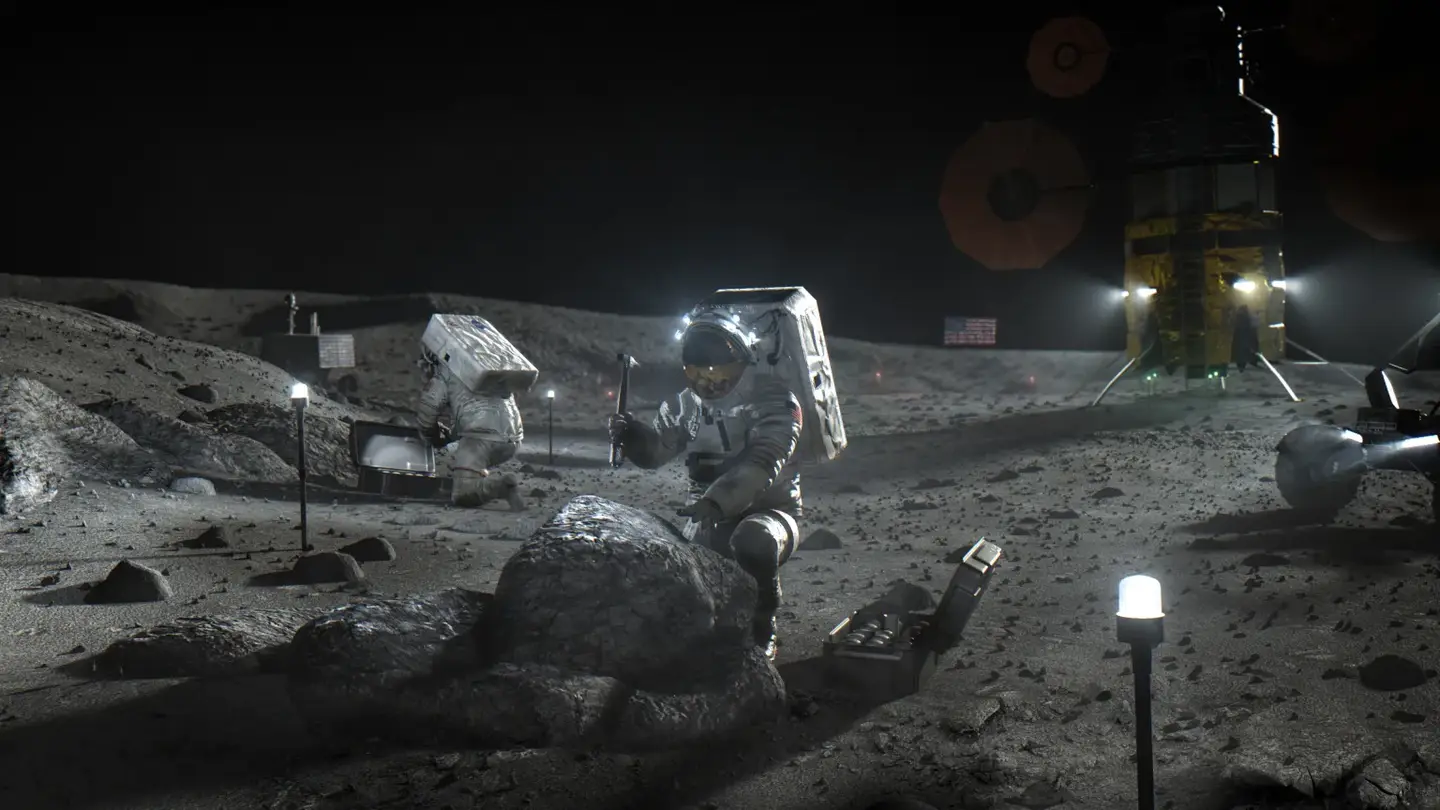This Week’s Awesome Stories from Around the Web (Through Jan 16)

Share
ROBOTICS: Should We Outsource Emotional Labor to Robots?
Slate
"Even if social robots become more skilled at expressing a fuller range of human emotion (like “Nadine,” who uses Siri-like technology and can express anger as well as happiness and sadness), we risk doing to expressions of social feeling what Muzak has done to music—homogenizing it to the point that it becomes nearly unrecognizable."
ARTIFICIAL INTELLIGENCE: Microsoft Neural Net Shows Deep Learning Can Get Way Deeper
WIRED
"Gibson says that deep learning has become more of 'a hardware problem.' Yes, we still need top researchers to guide the creation of neural networks, but more and more, finding new paths is a matter of brute-forcing new algorithms across ever more powerful collections of hardware."
COMPUTING: Internet Yields Uneven Dividends and May Widen Inequality, Report Says
The New York Times
"According to a report issued Wednesday by the World Bank, the vast changes wrought by technology have not expanded economic opportunities or improved access to basic public services in ways that many had expected. Rather, the report warned darkly, Internet innovations stand to widen inequalities and even hasten the hollowing out of middle-class employment."
HEALTH: Why Doesn't Apple HealthKit Include Mental Health Tracking?
Fast Company
"It might not be as easy as you think for Apple to open the floodgates to behavioral health tracking in HealthKit. For one thing, the research is still thin on the ground when it comes to linking metrics collected by a smartphone and mental health...'One of the challenges with behavioral health is how to quantify it into a single metric or set of metrics,' said Jonathan Palley, cofounder of a startup called Spire."
TRANSPORTATION: How Future Cars Will Predict Your Driving Maneuvers Before You Make Them
Technology Review
"A comprehensive knowledge of the driving environment, both inside and outside the car, can be used to make a pretty good guess at the driver’s immediate intentions...The best performing algorithm was able to correctly determine a future maneuver most of the time—some 90 percent of is predictions were correct. And on average it was able to make its prediction 3.5 seconds before the maneuver actually occurred."
Be Part of the Future
Sign up to receive top stories about groundbreaking technologies and visionary thinkers from SingularityHub.


ENTREPRENEURSHIP: Google X Has a New Logo and New Plan to Turn Moonshots Into Actual Businesses
Re/code
"After the Alphabet reorg, Google X will not stop backing moonshots, but it is sharpening its focus to quell some of this anxiety. It is framing itself as Alphabet’s incubator, taking ambitious projects, taming them into viable businesses, then 'graduating' them into standalone operations. It has also created tighter criteria for deciding when these projects should be put to rest, assembling a new group — called the Foundry — designed to steer moonshots through the life-or-death throes."
SINGULARITY: The Singularity: Fact or Fiction or Somewhere In-between?
IEET
"We are creating these machines with all our mixed-up, blinkered, prejudicial, oppositional minds, aims and values. We as human beings, however intelligent, are an absolutely necessary part of the picture that I think Kurzweil sometimes underestimates.
Image Credit: Shutterstock
David started writing for Singularity Hub in 2011 and served as editor-in-chief of the site from 2014 to 2017 and SU vice president of faculty, content, and curriculum from 2017 to 2019. His interests cover digital education, publishing, and media, but he'll always be a chemist at heart.
Related Articles

This Week’s Awesome Tech Stories From Around the Web (Through February 14)

Vast ‘Blobs’ of Rock Have Stabilized Earth’s Magnetic Field for Hundreds of Millions of Years

Elon Musk Says SpaceX Is Pivoting From Mars to the Moon
What we’re reading